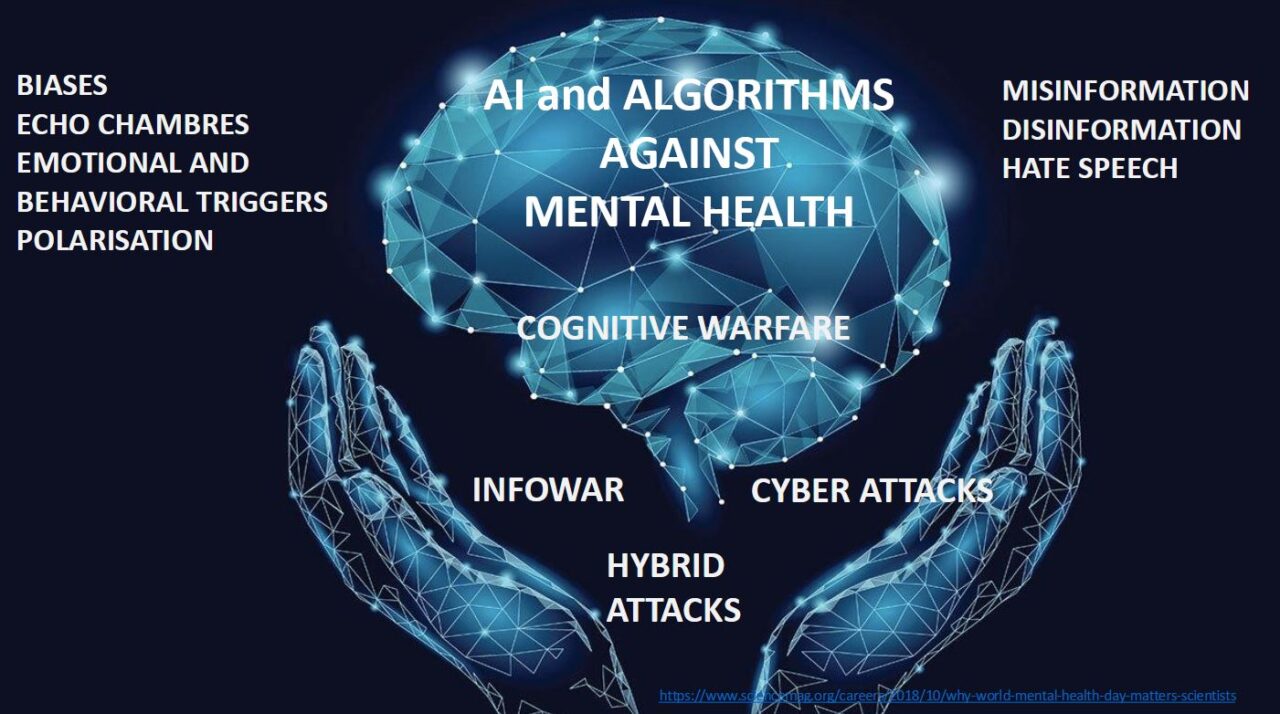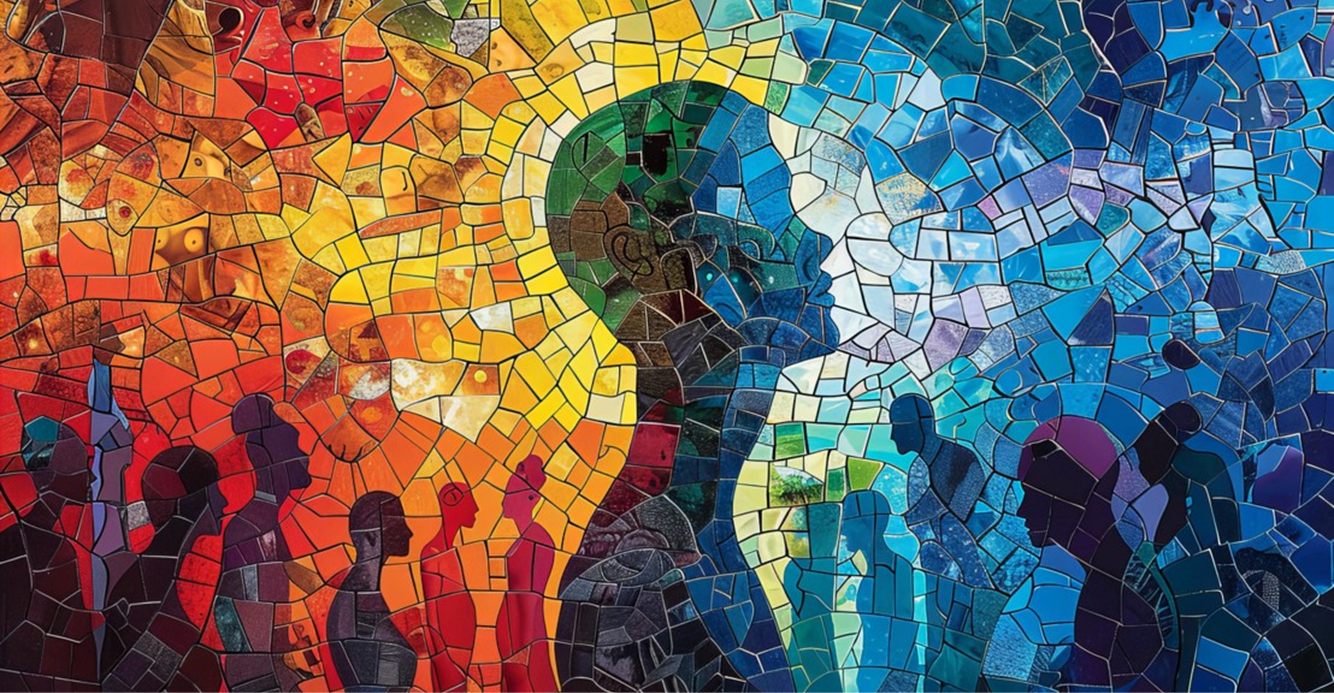Moments in front of the camera were shared by Martin Andree, Professor of Media Sciences, University of Cologne, and Christina Forsgård, Founder of Netprofile Finland. The speakers focused on examples of monopolisation in digital markets and how the digital world is no longer fair and open. They analysed the negative effects on the media economy and the diminished value creation opportunities for brands, talked about the strategies to open monopolised digital markets, opportunities to foster competition and create fair digital growth opportunities for brands, and said that brands funding credible media support local economy and, in the long run, democracy.
Famous TV moment
Christina Forsgård mentioned the moment when television became a completely unique medium. On 20 July 1969, the moon landing was broadcast: “For one period of time we were one world, one humanity bound together by the magic of TV. It was more than technology even though TV was still in its infancy, and it was more than entertainment. I think that it was a bridge to the impossible,” she remembered. With television, mass information entered people’s lives.
With the advent of computers, cyber-manipulation has entered our lives and is an increasing threat. Artificial intelligence has transformed information into a global medicine, entertainment and weapon. Information is now used for propaganda, exerting political influence, informing the masses, cyber manipulation, strategic communication and cognitive warfare.
According to Christina Forsgård, a typical tool used for cognitive warfare is social networks and similar platforms, especially the Chinese network TikTok, whose algorithms and the way they work are devastating. According to scientists, these algorithms negatively affect the way our brains develop. Young people who consume content from social networks develop a digital addiction. Another high-risk factor is misinformation that threatens democracy.

Responsible journalistic media is in decline. Social media algorithms powered by AI create fear, hate, and violence. “Without noticing, we are altering the way how we know, what we know, how we feel about things and how our worldview is at the moment,” said Christina Forsgård, who opined that platforms have taken over our thinking, our world view is currently quite distorted, and democracy is weakened.
What is the solution?
Fortunately, the media, especially television and journalists, still have a lot of power. But we need to start thinking about using this power responsibly. Brands also have power, and they need to start using it in a responsible way, which means using responsible platforms. Conversely, sanctions should be introduced against platforms that do not work properly. Unfortunately, some brands still support platforms that do not hide their evil intentions. Brands have power, they have money. But with great power comes great responsibility. Uncle Ben knew this in the famous scene from Spider-Man, which Christina mentioned during her lecture:
Power of TV
Television is not about facts, it’s about emotions. It’s about stories that inspire. It’s about the magic that brings people together, the shared experience. Instead of watching social media alone on a mobile phone screen, you can watch TV with lots of other people, for example during live broadcasts of sports matches, political debates or breaking news. That’s a magical power that other platforms don’t have. TV enables a shared experience on a mass scale - and that’s extremely valuable even in today’s digitised world. We need to focus on traditional values such as ethics, responsibility and trust.
These values are also shared by most brands. All companies have values and like to promote them, but the question is whether they actually act in accordance with them. But it is essential to stand by your values. Brands that fail to do so risk losing the trust of their customers. Christina Forsgård stressed the importance of brands for democracy: „Brands definitely have the ability to unify us with big ideas and big issues,” she said. Democracy, however, requires local media that tell the stories of our society and support our way of life. It is not enough just to have state-sponsored media; commercial media, journalists and news are also needed.
Television definitely has a lot to offer in this area. It is a powerful medium that can engage people and inform them about what is happening in the real world in an understandable and entertaining way. “And it is up to us as professionals and journalists and business leaders and storytellers and brand guardians to uphold the values that have made television what it is to ensure that trust is not only maintained but strengthened, that democracy is not just supported but defended. And maybe someday, some girl or some boy will be watching TV getting big ideas and looking up to us as humanity as a whole and have this feeling of unity with people. And I think, maybe in the next hundred years, television will be even better than the last hundred years,” concluded her speech Christina Forsgård.
The global monopoly problem
In his part of the session, Martin Andree presented a vision of the digital world. He focused on the fact that digital media has taken over (the share of digital media was more than 60% in 2024 and is estimated to be more than three-quarters in 2029), discussed the high risk of total loss of free media and the threat posed by monopoly, dysfunctional competition and the dominance of global digital giants or the Big Tech.
To watch the webinar, please visit the theglobaltvgroup website.
Source: theglobaltvgroup.com

